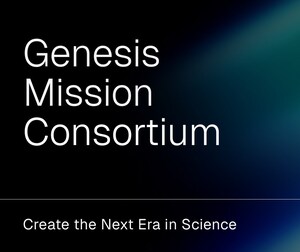
Researchers identify gene that influences nicotine dependence
Discovery creates the possibility for new research in addiction treatment
RESEARCH TRIANGLE PARK, N.C., Oct. 10, 2017 /PRNewswire/ -- A DNA variant—located in the DNMT3B gene and commonly found in people of European and African descent—increases the likelihood of developing nicotine dependence, smoking heavily, and developing lung cancer, according to a new study led by RTI International.
Nearly 1 billion people smoke and 6 million premature deaths occur worldwide each year from cigarette smoking, according to the World Health Organization. Smoking is the leading cause of preventable death and one person dies approximately every 6 seconds from smoking-related causes, according to the WHO.
The new study, published in Molecular Psychiatry, is the largest genome-wide association study of nicotine dependence. Researchers studied more than 38,600 former and current smokers from the United States, Iceland, Finland, and the Netherlands.
"This new finding widens the scope of how genetic factors are known to influence nicotine dependence," Dana Hancock, Ph.D., genetic epidemiologist at RTI and co-author of the study. "The variant that we identified is common, occurring in 44 percent of Europeans or European Americans and 77 percent of African Americans, and it exerts important effects on gene regulation in human brain, specifically in the cerebellum, which has long been overlooked in the study of addiction."
The genetic variant was linked to an increased risk of nicotine dependence by testing nearly 18 million variants across the genome for association with nicotine dependence. The variant was also tested in independent studies and found to associate with heavier smoking and with increased risk of lung cancer.
Researchers representing more than 20 organizations and institutions contributed to this study. The study was supported in part by the National Institute on Drug Abuse.
About RTI International
RTI International is an independent, nonprofit research institute dedicated to improving the human condition. Clients rely on us to answer questions that demand an objective and multidisciplinary approach—one that integrates expertise across the social and laboratory sciences, engineering, and international development. We believe in the promise of science, and we are inspired every day to deliver on that promise for the good of people, communities, and businesses around the world. For more information, visit www.rti.org.
Media Contact: Lindsey Luxon
919-541-7340
[email protected]
SOURCE RTI International






Share this article